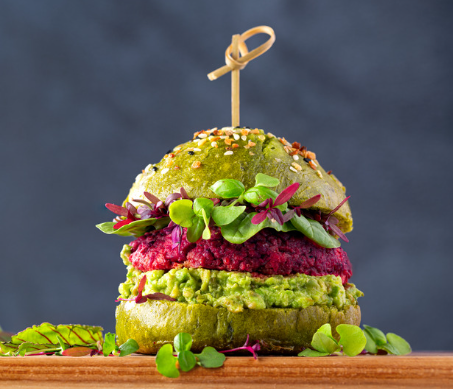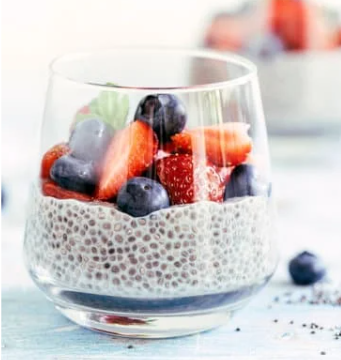
Sleep Inducing Cherry Smoothie

Unlocking the Sleep Benefits: Cherries, Chamomile, Coconut Milk, and Flax Seeds
Sleep, that blissful state of rejuvenation, is an essential component of our overall well-being. Yet, for many individuals, achieving a restful night’s sleep can be elusive. Fortunately, nature offers an array of ingredients that may aid in promoting a deep and restorative slumber.
Cherries, with their vibrant hue and delectable taste, possess a unique sleep-enhancing attribute.
These little gems are naturally rich in melatonin, a hormone that regulates sleep-wake cycles. Melatonin plays a crucial role in signaling to the body that it’s time to unwind and prepare for sleep. Consuming tart cherries or drinking tart cherry juice in the evening may help increase melatonin levels, promoting a more rapid onset of sleep and potentially improving sleep duration and quality.
Another powerful sleep ally is chamomile, a delicate flower known for its soothing properties. Chamomile tea, made by infusing chamomile flowers in hot water, has been used for centuries as a natural remedy for insomnia and restlessness. Chamomile contains compounds that bind to certain receptors in the brain, promoting relaxation and reducing anxiety. Sipping on a warm cup of chamomile tea before bedtime can create a calming ritual that eases the mind and prepares the body for a peaceful night’s rest.
Coconut milk, derived from the white flesh of mature coconuts, is not only a delicious addition to culinary creations but also a potential aid for sleep. This creamy liquid is a source of magnesium, a mineral that plays a vital role in promoting relaxation and deep sleep. Magnesium helps regulate neurotransmitters that induce sleep and reduce stress. Enjoying a warm glass of coconut milk before bed can provide a soothing and nourishing beverage that may help ease muscle tension and promote a tranquil sleep environment.
Lastly, flax seeds, tiny powerhouses of nutrition, offer a range of health benefits, including potential sleep-enhancing properties. These seeds are a rich source of omega-3 fatty acids, which are known for their anti-inflammatory effects. Inflammation can interfere with sleep quality and duration. Consuming flax seeds, either ground or in oil form, can help reduce inflammation in the body and support a healthier sleep cycle. Additionally, flax seeds contain high levels of tryptophan, an amino acid that the body converts into serotonin and melatonin, promoting relaxation and better sleep.
Incorporating cherries, chamomile, coconut milk, and flax seeds into your nightly routine in this sleep induced smoothie may be just the ticket to help get you off to sleep.

Sleep Inducing Cherry Smoothie
Ingredients
- 1 cup almond or coconut milk
- ½ cup strong cold chamomile tea
- 1 cup frozen cherries
- 1 tbsp milled flax seeds
- 1/2 tsp chia seed
- 1 tbsp coconut oil or coconut cream
- 3 drops liquid stevis (or honey)
- 1 drop vanilla extract (optional)
Instructions
- Put all ingredients in a blender and blend until smooth,then enjoy relax and good night!









